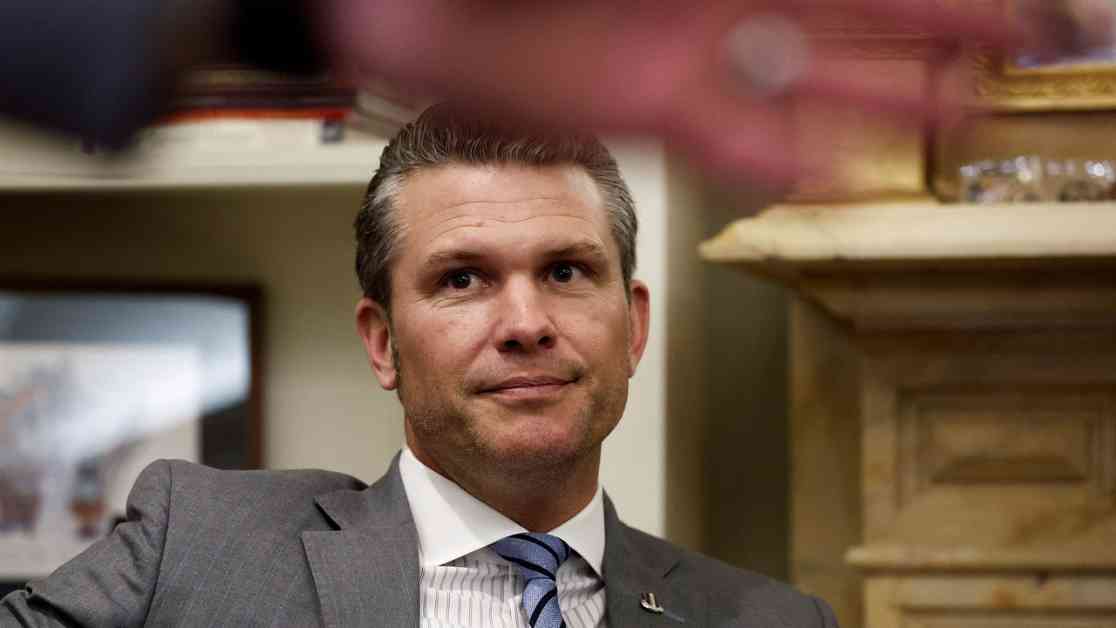Senate Confirmation Hearing for Pete Hegseth
At the Senate confirmation hearing for Pete Hegseth, Donald Trump’s nominee for Secretary of Defense, on Tuesday, the most telling feature may be the voices from whom the senators won’t hear. The Trump transition team has waged an intense, and in many ways unprecedented, behind-the-scenes campaign ahead of the hearing to intimidate and silence potential witnesses, aimed at keeping Republican senators in line and in the dark.
Concerns Over Hegseth’s Qualifications
Senator Richard Blumenthal, a Democratic member of the Senate Armed Services Committee, expressed deep concern over the intimidation tactics employed by the Trump team to ensure witnesses remain silent. He highlighted the potential risks of nominating someone like Hegseth, who has faced allegations of misconduct in the past. Blumenthal emphasized that Hegseth’s lack of qualifications and readiness for the role could jeopardize national security.
Senator Elizabeth Warren echoed these sentiments, pointing out that the pressure tactics utilized by Hegseth’s supporters seem designed to suppress any dissenting voices. She emphasized the importance of allowing witnesses to speak up and share their concerns to ensure a fair and thorough confirmation process.
Allegations and Denials
Hegseth has denied all allegations of misconduct, including a serious accusation of rape, which he claims was consensual and led to a financial settlement. Despite his attempts to reassure senators of his suitability for the position, additional reports continue to raise questions about his behavior and past actions. As the confirmation process unfolds, concerns about Hegseth’s vulnerability to extortion and his ability to lead the Pentagon remain at the forefront.
Challenges in the Confirmation Process
The Senate faces challenges in confirming Hegseth, given the intense pressure from the Trump administration to secure his appointment. With revelations about the lack of rigor in the FBI’s background investigation and the reluctance of some senators to engage with critical witnesses, the confirmation process is fraught with controversy and uncertainty. The influence of private money in supporting Hegseth’s confirmation adds another layer of complexity to the situation, raising questions about the integrity of the process and the motives of those involved.
As the Senate navigates these challenges and debates the suitability of Hegseth for the role of Secretary of Defense, the future of the confirmation process remains uncertain. The stakes are high, with national security and the integrity of the Senate confirmation process hanging in the balance.












